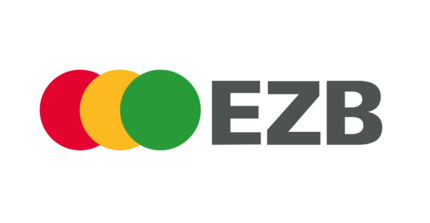Formative assessment and learning achievements in higher education students: A perspective of long-term change
DOI:
https://doi.org/10.5281/zenodo.12702171Keywords:
Feedback, formative evaluation, learning achievementAbstract
The main objective of the study is to analyze the way formative evaluation is used by teachers of the School of Professional Training of Economics of the National University “Daniel Alcides Carrión” during classes. In the methodology, variables were studied: formative evaluation and learning achievements in university higher education, the procedure consisted of analysis of the form of formative evaluation developed by professors and learning achievements of undergraduate students, summarizing: first part context where The formative evaluation is developed, the second part describes the background with its contributions and the third part refers to the problematic situation in which public and private universities find themselves. The technique that was developed was the bibliographic review and the instruments used were the research sheets and the analysis sheets, texts and graphics were used. The use of feedback was analyzed, including effective and timely feedback. Effective and timely feedback is a key component for the achievement of student learning, which will allow teachers to direct student learning and allows students to achieve learning; expressing opinions, value judgments, successes and failures, strengths and weaknesses; those who will help build knowledge that will be useful for their professional, work and family life. For these reasons, it is very important to consider the formative evaluation process as a fundamental part of the teaching-learning process of university students.
Downloads
References
Cristina Canabal y Leonor Margalef. (España. 2017). La Retroalimentación: La clave para una evaluación orientada al aprendizaje. https://www.redalyc.org/pdf/567/56752038009.pdf
Samane Cutipa, Virginia Alejandra. (2023). La retroalimentación reflexiva o por descubrimiento y su relación con el aprendizaje autónomo de los estudiantes de nivel secundaria de la Institución Educativa Juan De Dios Valencia del Distrito de Velille.
MINEDU. (2017). Currículo Nacional de Educación Básica. Capítulo VII, Orientaciones para la evaluación formativa de las competencias en el aula.
MINEDU. (2023). Orientaciones pedagógicas para brindar la retroalimentación a los estudiantes en un contexto de educación no presencial en el nivel de educación secundaria.
Laura Cañadas. (2023). “Evaluación formativa en el contexto universitario: oportunidades y propuestas de actuación”. https://doi.org/10.19083/ridu.2023.1214 https://repositorio.uncp.edu.pe/bitstream/handle/20.500.12894/7470/Perfil%20de%20egreso%20-%20Educaci%C3%B3n%20superior%20universitaria-opt.pdf
Minedu (2019). El valor de la evaluación formativa.
Published
How to Cite
Issue
Section
License
Copyright (c) 2024 Arbitrated Journal of Contemporary Education

This work is licensed under a Creative Commons Attribution-NonCommercial-NoDerivatives 4.0 International License.
















